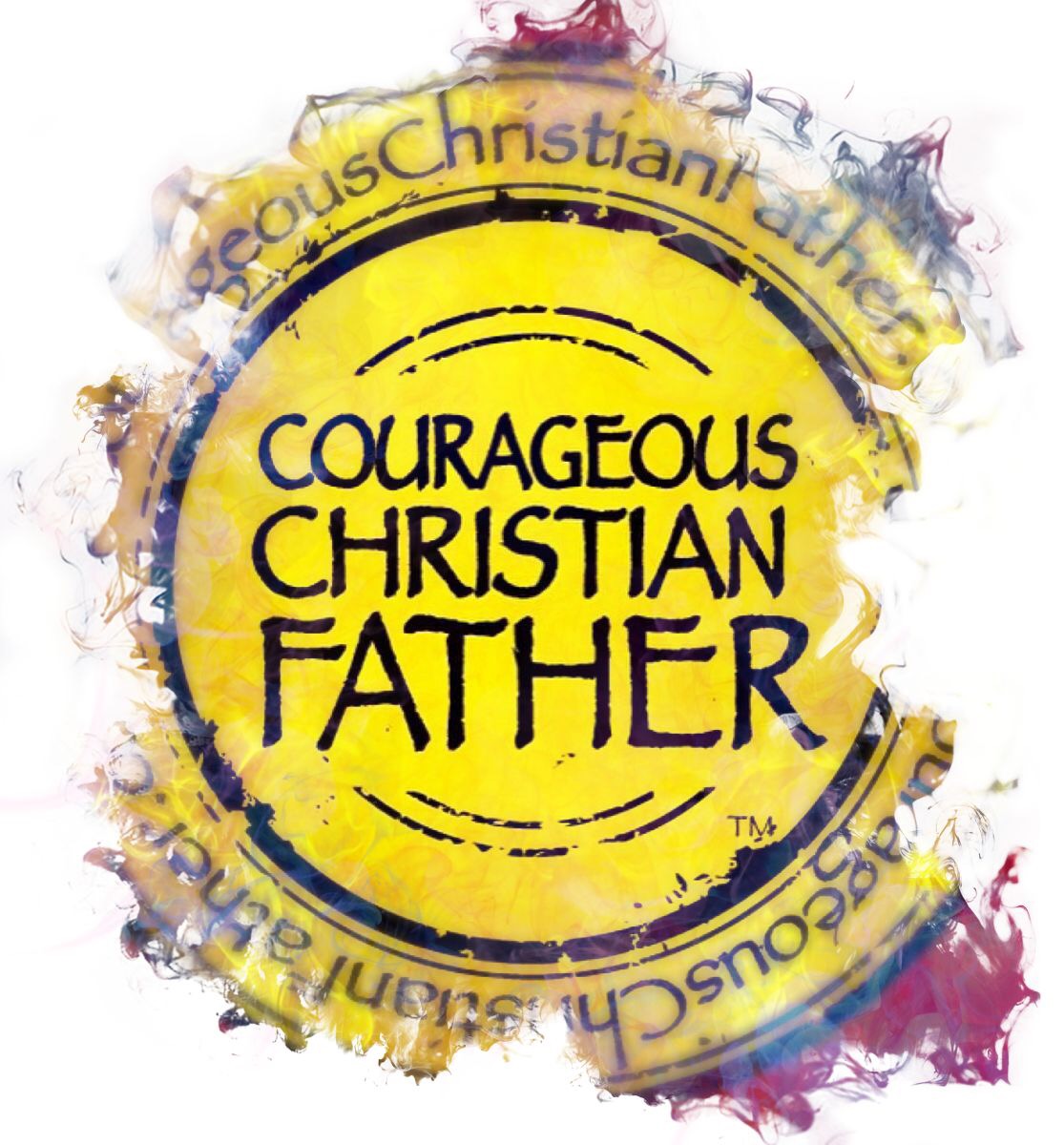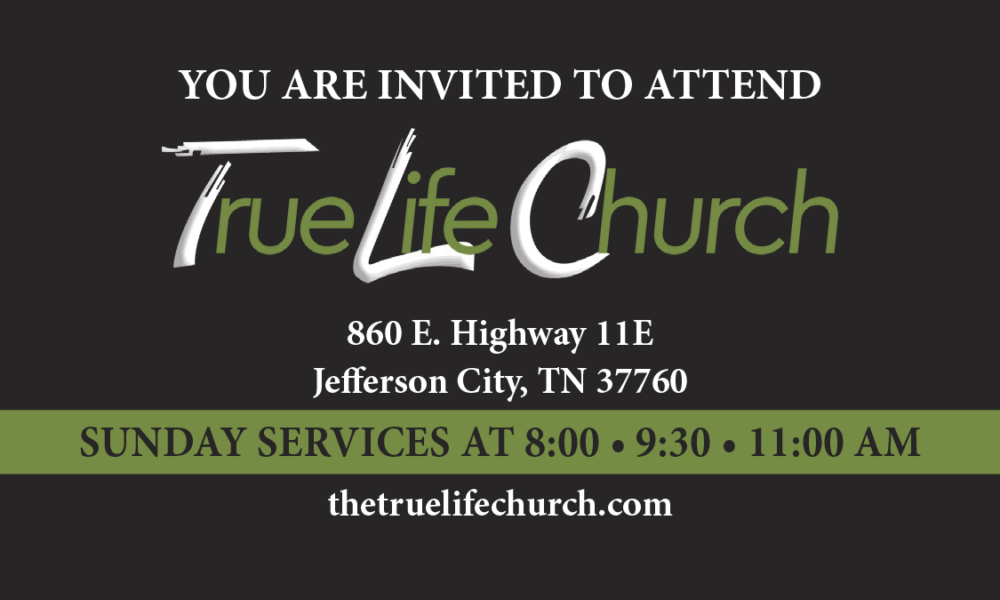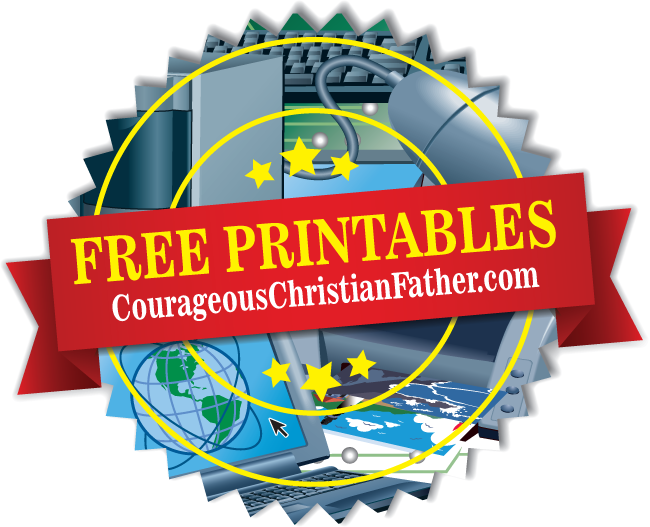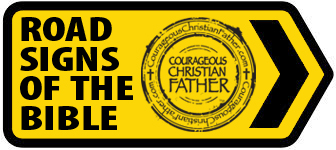The Quran is a sacred text that is central to the Islamic faith. It is a compilation of revelations received by the Prophet Muhammad over a period of 23 years, starting in 610 CE, and it is considered to be the word of God as revealed to the Prophet. #quran
Quran
Also known as the Qur’an or Koran – as Christian’s we do need to know about the other books and text as a way to witness about Jesus. So I figure I’d see what this artificial intelligence (AI) ChatGPT would say and this is what it generated for me.

The Quran is revered by Muslims as the final and complete revelation of God’s message to humanity, and it provides guidance and instruction for all aspects of life.
The Quran is composed of 114 chapters, or surahs, which vary in length from just a few verses to several pages. Each surah is made up of individual verses, or ayahs, which are arranged in a particular order. The chapters are not arranged chronologically, but rather according to their length and thematic content. The first surah, Al-Fatiha, is considered to be the opening prayer of the Quran, and it is recited by Muslims in their daily prayers.
The language of the Quran is Arabic, and it is considered by many to be one of the most beautiful and eloquent languages in the world. The text of the Quran is highly poetic and rhythmic, and it uses a variety of literary techniques to convey its message. For example, the Quran often uses repetition, metaphor, and symbolism to help illustrate its teachings.
The Quran covers a wide range of topics, including faith, morality, history, law, and spirituality. It contains guidance on a wide range of issues, from personal conduct to social justice, and it emphasizes the importance of faith, prayer, and good deeds. It also provides guidance on how to live a virtuous life and how to develop a close relationship with God.
One of the most important themes of the Quran is the oneness of God, or tawheed. Muslims believe that there is no god but Allah, and the Quran emphasizes the importance of acknowledging God’s unity and submitting to his will. The Quran also contains numerous stories of prophets and messengers, including Adam, Noah, Abraham, Moses, and Jesus, all of whom are considered to be important figures in Islam.
The Quran has been translated into numerous languages, and it is widely read and studied by Muslims and non-Muslims alike. Many Muslims consider the Quran to be the ultimate source of guidance and inspiration, and they strive to live their lives in accordance with its teachings. The Quran also serves as a source of comfort and solace for Muslims, and its verses are often recited during times of joy and sorrow.
In addition to its religious significance, the Quran has also played an important role in the development of Arabic literature and language. The poetic language and literary techniques used in the Quran have influenced Arabic literature for centuries, and many great works of Arabic literature are based on the Quranic tradition.
In conclusion, the Quran is a sacred text that is central to the Islamic faith. It provides guidance and instruction on a wide range of topics, and it emphasizes the importance of faith, prayer, and good deeds. The language of the Quran is highly poetic and eloquent, and it has played an important role in the development of Arabic literature and language. For Muslims, the Quran is the ultimate source of guidance and inspiration, and it serves as a source of comfort and solace during times of joy and sorrow.
Note: CE stands for “common (or current) era”, while BCE stands for “before the common (or current) era.
See what ChatGPT said about the Bible
Check out Courageous Christian Father’s Wish list on Amazon where you can purchase and be sent directly to them!
Subscribe To Courageous Christian Father!

Don’t miss any blog posts! Subscribe today! You can subscribe via WordPress or by entering your email! Thank you!
Follow Courageous Christian Father on WordPress.comDon’t forget to also share blog posts you love on your favorite social media too! Thank you! Sharing is caring!
Follow Steve Sews on Social Media
Below are some examples of blog entries from all the blogs that I do. (Courageous Christian Father, Steve Sews Stuff, and SteveZ DesignZ).
Recent Posts
Thank You For Reading Courageous Christian Father!
Thank you for reading. Please feel free to share and like this blog post.

















